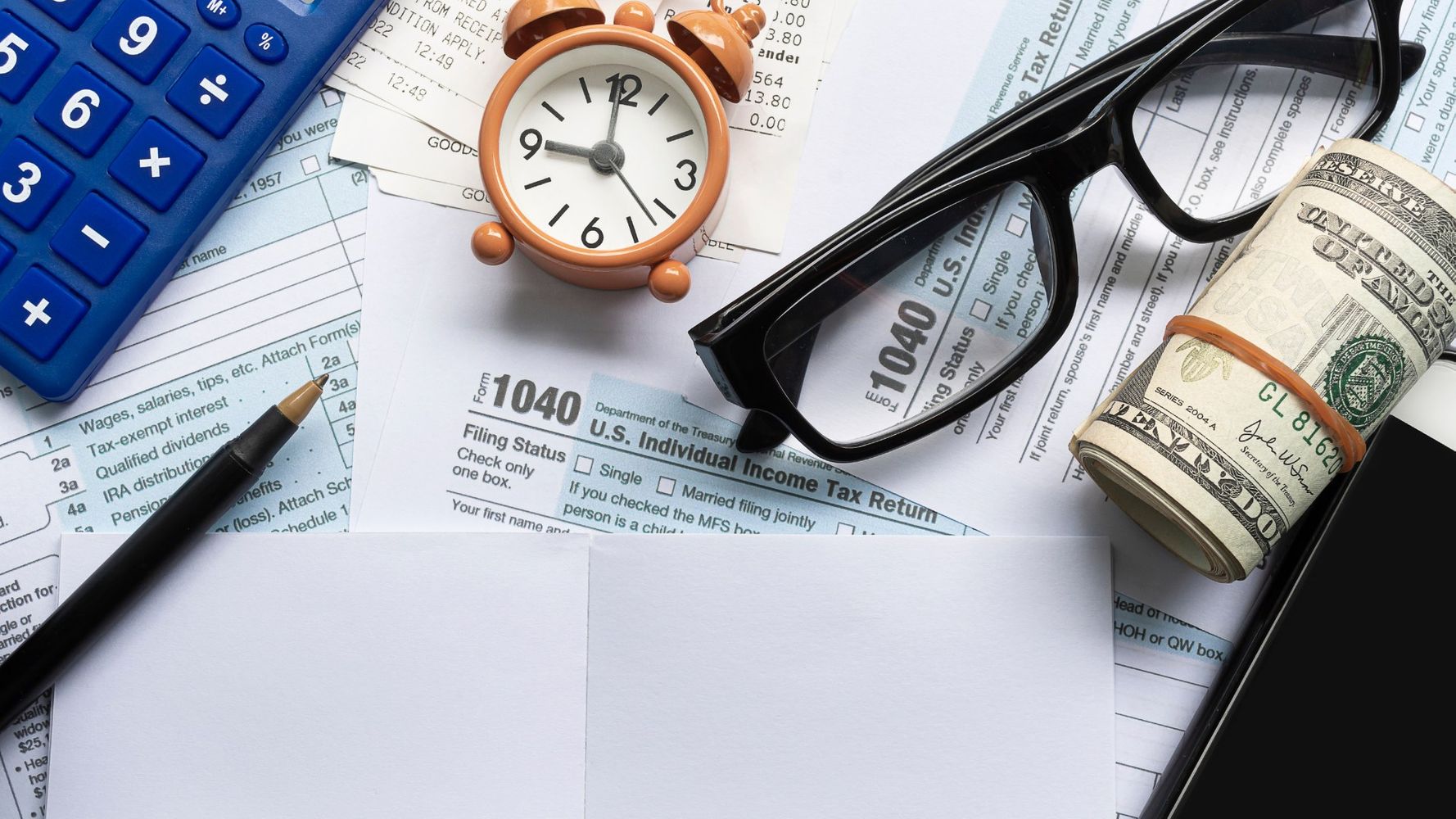One of the most common reasons for a person to finally reach out to an experienced tax attorney is the receipt of a notice of intent to levy. The agency is officially informing you as the taxpayer that they are taking a final step and intend to collect the tax debt due directly from a third party holding your investment or wages.
The IRS and state collection agencies have the power to take as many funds necessary to satisfy a debt, which means that a tax debtor should take the first step quickly to stop the garnishment or seizure where possible.
One of the most effective means of stopping an immediate levy is to request a collection due process hearing. If this is requested by the deadline provided through the law, the IRS will discontinue the levy, pending discussions with the IRS on alternatives to collecting that tax. The primary advantage of this is to give the person some time, usually up to 90 days, to look at different defenses and alternatives to the debt.
However, if you fail to read and respond to this notice in a timely fashion, you will not be able to come up with alternatives. If you request a hearing after the deadline, the IRS will usually give the tax debtor an equivalent hearing, and although they are not required to suspend the levy action at this point in time, there’s an informal policy on the books of doing so.
Furthermore, filing for bankruptcy can give you the benefit of the automatic stay feature which stops collection action, including a tax levy. This is another means to protect your funds from being seized. No matter how you come to learn about an impending tax levy, you need the support of a tax attorney.

